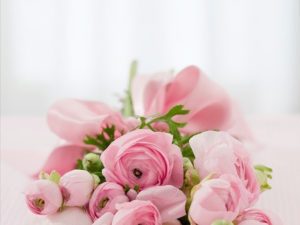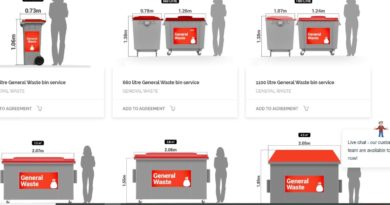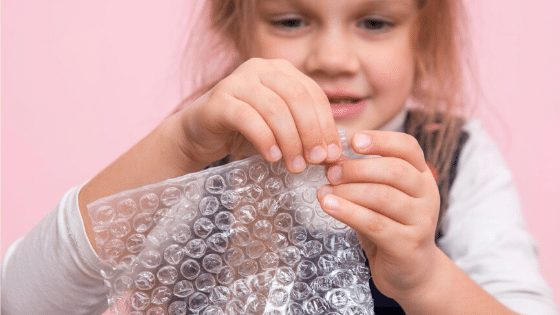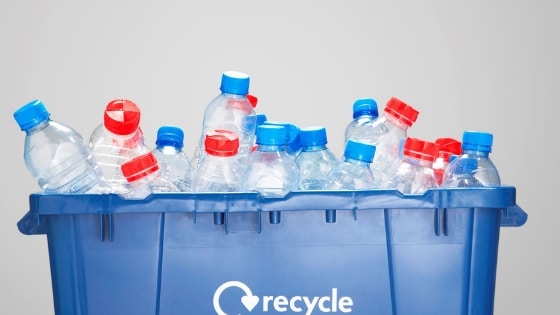Being A Zero Waste Florist By Practising Proper Flower Waste Management 💐
Energy Disrupter
Flower Waste Management 💐: Did you know that flowers symbolise long life, honour and purity? Not only that, but it also symbolises good health, which many of us desire. Different types of flowers mean different things. Roses, for instance, are mainly a symbol of love, hence one lover or admirer gifting them to their beloved. This means that on any occasions, flowers of different kinds are considered by everyone as suitable offerings. But unfortunately, many discarded flowers go to landfill after being taken down. This sure makes me wonder – what does it take to become a more sustainable florist? What can we, the citizens, do about that?
Months ago, ABC News reported that flower growers in Australia destroyed an alarming amount of flowers due to the coronavirus shutdown. Of course, as a result of the pandemic, florists were forced to close down their shops. But before that, floral waste has already been a recurring problem.
>Download Now: Free PDF Business Owners Guide To Commingled Recycling Bin Services
Now, with bad news like this, we would at least like to hear some good coming out of it. For instance, we would at least like to see that florists compost the flowers – an example of an effective flower waste management practice.
However, as I have mentioned above, they usually go to landfill. One florist stated that it makes more sense to send them to landfill rather than customise them because of practicality. Simply put, it costs more to recut and tailor them than sending them away to rot in different tips in Australia. But the good news here is that there are ways to go around this.
Below, we will walk you more through the topic. Continue reading to know more.
A bit about Waster
Before we continue with the best flower waste management practices, let me first share Waster with you.
Waster provides you with innovative solutions for your business’s waste management and recycling needs. Moreover, we provide flexible, 30-day contracts instead of the typical lock-in contracts, which proves to be better.
Click on the blue button to learn more.
How can florists work on implementing an effective flower waste management system?
Naturally, we would not even think of associating flowers with pollution. How could something so beautiful be considered waste? But in reality, many places in the world suffer from floral pollution.
Aside from them being sent to landfill, there are other ill-suited places they go to. You would be surprised how many tonnes of the produced floral waste gets dumped in bodies of water like rivers. What is worse is that those flowers are usually grown using harmful chemicals like pesticides and insecticides.
What can florists do to counter this? Below, a London-based florist named Jake Kuit shares an interesting idea.
An effective flower waste management practice: turning them into fashion
Fashion does not necessarily mean fancy clothing (which you can also recycle). It is much more than that.
As the section title suggests, turning waste into another opportunity is something Kuit prioritises. Instead of the clients disposing of the flowers used during certain events like weddings and business launchings, Kuit would ask them to return the flowers for reusing.
He would rewrap the flowers and sell them for a fair price: the price of the wrapping materials he bought. But aside from that, he aims to recycle them by turning them into fashion ornaments for photoshoots. The shapes and colours of the flowers are all taken into account before working his magic on them and turning them into fashion pieces and art.
I hope many would follow in Kuit’s footsteps and save the world through fashion. Become a fashion icon and environment hero at the same time! You can view more of Kuit’s works on his Facebook and Instagram page.
The question of sustainability
Of course, when you ponder on the best flower waste management practices, you also have to consider sustainability in the mix. A lot of flower shops in the industry think about this – a piece of good news to hear, indeed. No matter how small or big a flower shop is, it can impact the environment in more ways than they know.
Here is something they can do:
Practise buying from farms
In other words, buy flowers locally. Although this sounds good in Australia, the fact of the matter is that flower shops opt to get their supply from cheap imports all year round – every season. While a practical choice for many flower shops, Aussie florists have a variety of Aussie options (i.e., Australian farms) that they can get their flowers from.


This, of course, comes with a number of benefits. First, they get a batch of ‘greener’ and fresher flowers instead of the imported ones. Flowers picked from a local flower grower have better-quality flowers, in other words. Moreover, it helps the local market tremendously. Conversely, when florists buy imported flowers, the local market will suffer losses which can upset the Australian market as a whole.
Not to mention, they have better methods of cultivating flowers. You can be sure that ethical practices have been implemented to grow them. For example, they do not use packaging to deliver them and avoid using pesticides and insecticides on them.
Flower shops could even kick it up a notch and separate the flower and other green waste from the non-recyclable ones. Biodegrade or compost the flowers and send the non-recyclable ones to landfill – no need to send them all together to landfill. It might take quite a bit of work, but it is certainly rewarding.
Conclusion on flower waste management
Flower pollution is a real problem that needs to be addressed. Like cafes and dog grooming salons (equally produces significant amounts of waste), aiming for better waste management practices might be hard – but it is certainly rewarding for you and the environment. And lastly, flower waste management and sustainability go hand in hand. You cannot have one without the other.
Try to become a zero waste florist today!
More things you need to know about Waster
If you’re looking for recycling bins, check our waste recycling shop and find the best deals in terms of pricing and services.
Also, please call 1300 WASTER (1300 927 837), or email us at [email protected] if you have any further questions.



















